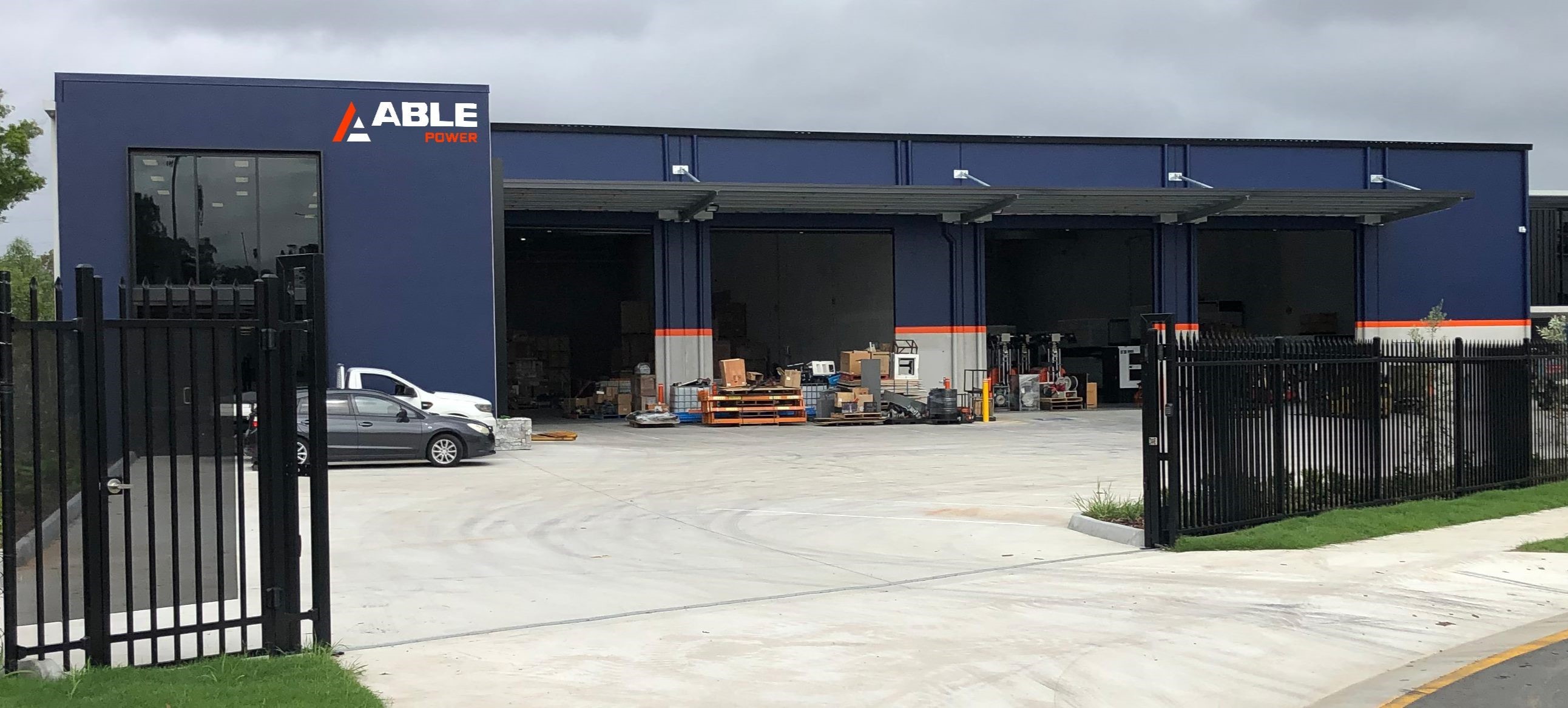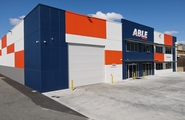Able Sales Locations

ABLE SALES(Melbourne)
Monday-Friday: 8am-5pm
Saturday: closed
Unit 5 / 11 Industrial Avenue,
Thomastown VIC 3074
(03) 9302 3602
LOCAL CALL 1300 735 902

ABLE SALES(Brisbane)
Monday-Friday: 8am-5pm
Saturday: closed
Unit 1 / 8 Prosperity Place,
Park Ridge QLD 4125
(07) 3272 9001
LOCAL CALL 1300 735 840

ABLE SALES(Perth)
Monday-Friday: 8am-5pm
Saturday: 8am-12pm
Unit 3 / 41 Tate Street,
Bentley WA 6102
(08) 9358 2299
LOCAL CALL 1300 793 001
Recent posts
Considerations for moving off the grid in Australia
Reasons for moving off-grid can vary widely. Often moving off the grid is a lifestyle choice – switching to a simpler, more relaxed and sustainable lifestyle, or looking to reduce your carbon footprint and live in a healthier, more environmentally friendly way. Or perhaps to escape skyrocketing energy prices. In Australia particularly, where rural electrification is still a little behind, moving off the grid might not necessarily be a direct choice, but rather a by product of moving to a more rural location for work or family.
Whatever your reason for going off-grid, there are a number of considerations to ponder before you take the plunge.
Image: Off grid house, Orange NSW. Credit. Takver
Secure your power needs
Going off-grid means taking responsibility for your power needs. While solar panels have dropped in price over the past few years — and present a viable option for most small landholders — power storage and backup facilities will need to be considered. Recent breakthroughs in solar and battery storage have offered options previously not available to those going off-grid.
However, a strong and reliable backup is still very much necessary. Diesel generators are one of the best and most common choices you can use to secure your power needs. Diesel generators are particularly useful and necessary in emergency situations such as floods, bushfires or cyclones - common occurrences in rural parts of our country. Having a backup power source is also important if you intend to grow your own food or run a farm where continuity of power is of the highest importance.
Eco housing and structures
Retrofit or build sustainable, eco-friendly housing that is designed to retain the heat in winter and provide a cool living space in summer will lessen the amount of energy needed.
Approximately 50% of a home’s energy consumption is from heating and cooling, so insulating correctly will reduce your energy consumption and preserve your power sources. If you have the opportunity to build a new home rather than renovate an older house you can also consider ‘passive solar design’ when positioning the home. This means taking into account for example the compass orientation of the land to avoid positioning windows facing the sun at high-heat times of day, supressing the need for air conditioning 24/7.
Check with the local council to understand what (if any) permits are required to make changes or build new structures.
Budget
Though the end result is well worth it, the initial expenses of moving off-grid may be high. While you may cut corners by buying low quality generators, solar panels or building materials, the result will be poor performance of your energy system and even lack of backup electricity. So high up frontcosts will need to be factored into your budget with a long-term benefit mindset.
Do the research beforehand
Many others have moved off-grid to beat skyrocketing energy prices and a desire to return to the land. Before you consider such a change, check on their experiences: How did they manage? What tools or technology did they need to power their home and deliver running water to the house? Thanks to an ever-growing number of ‘pioneers’ seeking independence, there’s a great deal of literature, websites and radio programs offering a range of advice on off-grid living. By making yourself part of the community, you can listen, learn and share your experiences with others. By being part of the local and off-grid community, advice, help and encouragement are always close at hand.
If you have any questions about the right generators to purchase to meet your needs get in touch with us!
.




